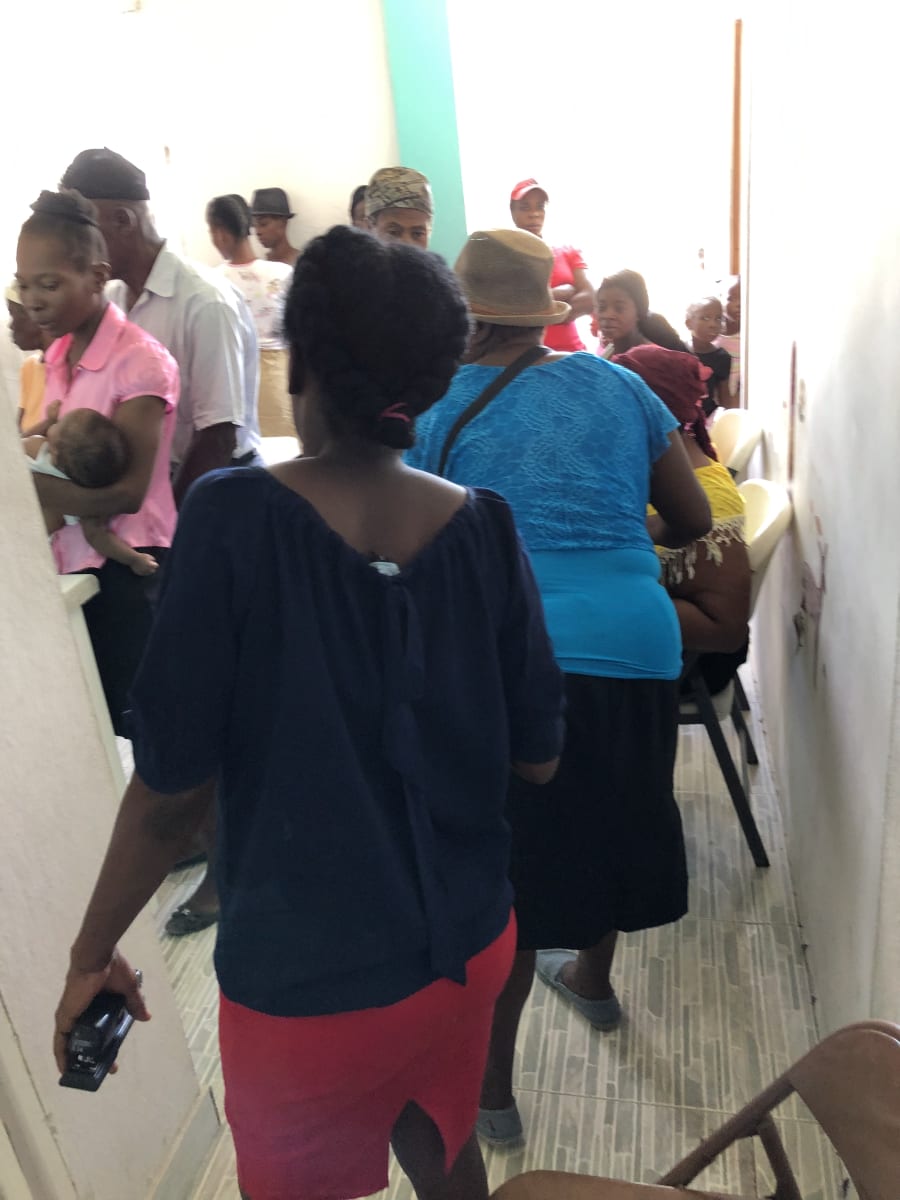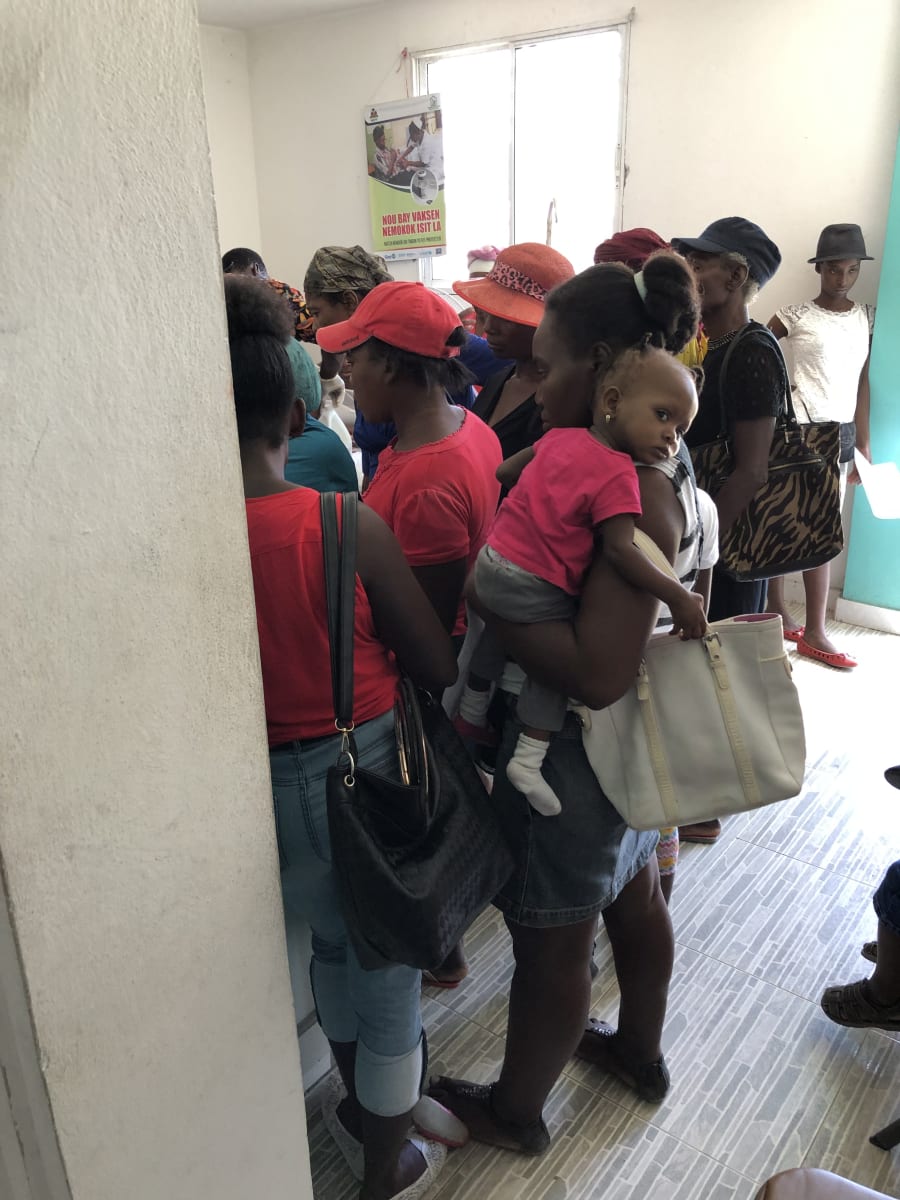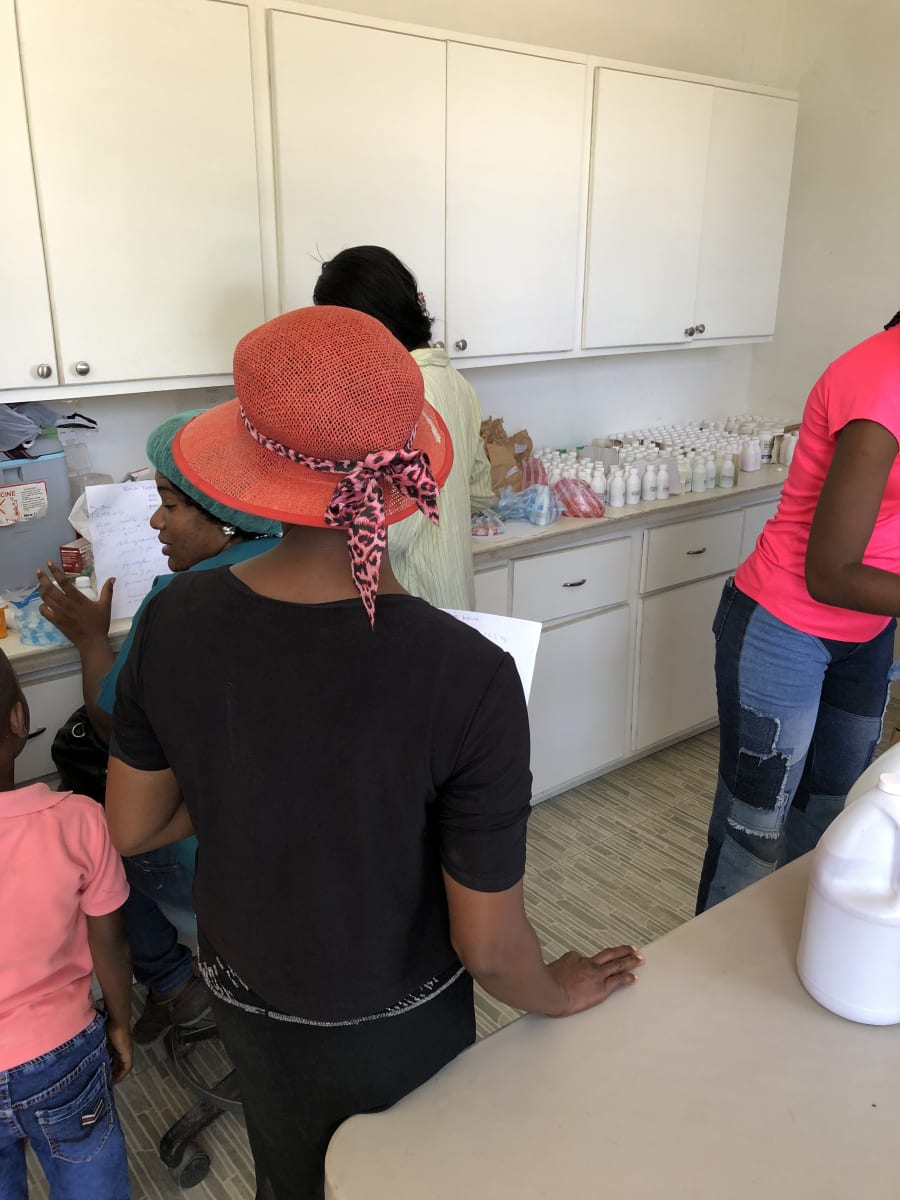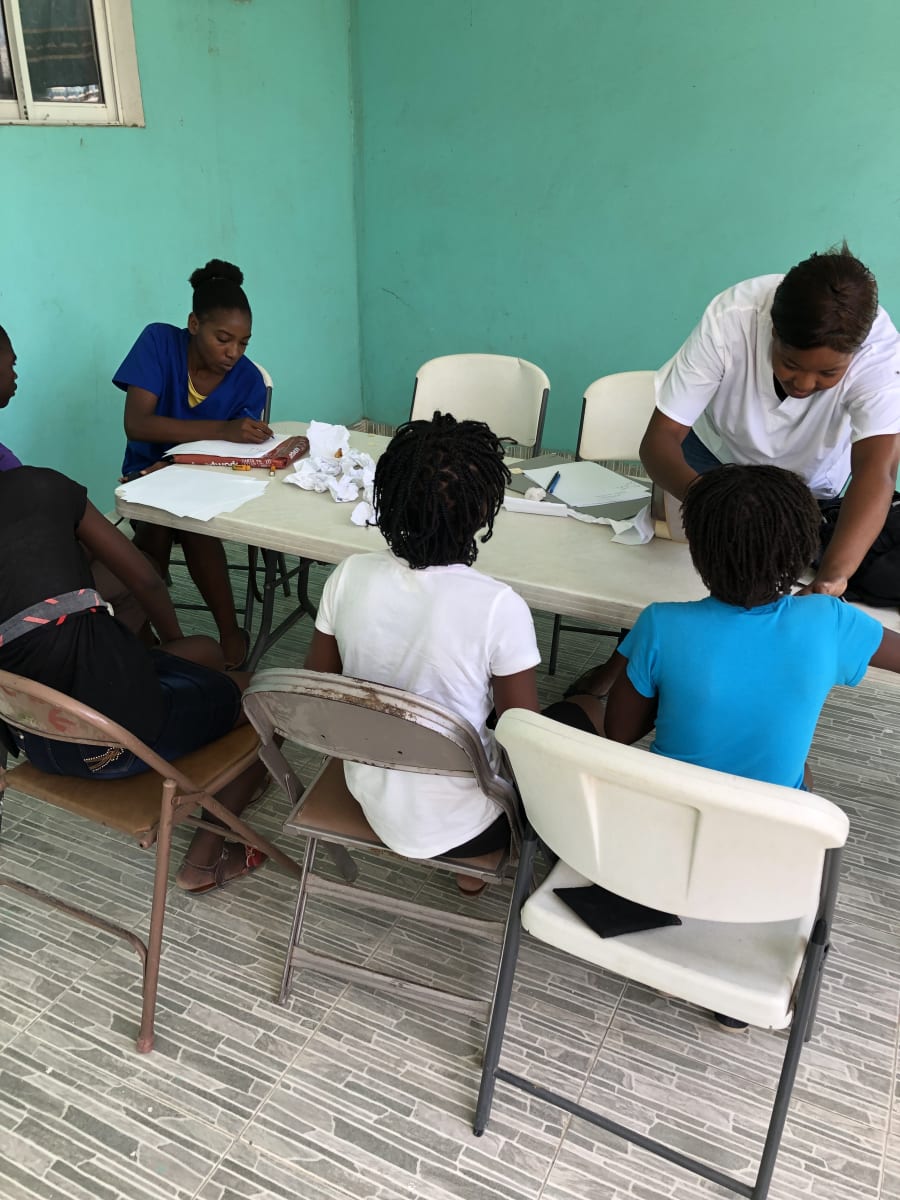As I have done every year since Hurricane Matthew hit Haiti in October 2016, I plan to set up a mobile clinic in two remote areas where entire communities have limited access to health care. The clinics are run with young local physicians, dentists, and nurses hired to provide care. The medications are also purchased locally. I plan to spend two weeks in Haiti in June and run 2 clinics during the weekends. One clinic will be in La Gonave and the other in Boutin. We will see children and adults in need of medical and dental care. For the most part, patients receive antibiotics for various infectious diseases and have teeth extracted but we also diagnose chronic conditions such as hypertension and refer them to other clinics for follow up.
As part of the same trip, I serve as a visiting professor of neurology at L'Hopital Universitaire de Mirebalais where I supervise residents and fellows in this burgeoning field. During the week days, we see people both in inpatient and outpatient settings where I provide guidance with differential diagnoses and treatment plans. My hope is to help grow this field in a country where there is a lot of stigma around neurological disorders such as epilepsy.
This project benefit people living in remote areas of Haiti, my native land. For example, Boutin is where my paternal grandmother was born. She moved to the city as a young woman before marrying my grandfather. My father always talks about how, even though she never received a formal education, she was instrumental in his becoming a civil engineer. In some ways, I feel that I owe who I am today to her and taking care of people who still live in that area is a way to honor her memory.
The greatest thing about this trip is that I work alongside local professionals. We get to exchange ideas and learn from each other. People who would otherwise have no access to medical or dental care will enjoy some relief even if for a brief period of time. More importantly, I get to help grow the field of neurology in Haiti.












This past June, we were able to do some amazing work in the Plaine region of Haiti, a country going through a lot of political unrests at this time. Because of almost daily protests against the government for corruption, nothing went as planned. For example, I was not able to teach at the hospital in Mirebalais for safety reasons. However, we still held mobile clinics in Croix des Bouquets. We provided primary medical care to 247 patients of whom about half were children. Patients were treated for infections (bacterial and fungal), peptic ulcer disease, chronic illnesses such as high blood pressure, chronic pain etc. It is obvious that conditions have gotten tougher over the years in Haiti. However, what I learned from this trip is that, it is entirely possible that we may not be able to safely organize these trips to Haiti in the near future.